By Chen Tianhao, Zhao Li
(ECNS) -- Robert Kuhn, Chairman of the Kuhn Foundation, analyzed that high-quality development driven by new quality productive forces is the core of Chinese modernization. Unlike the previous rapid investment return model, Kuhn believes investment in high-quality development will be measured in multiple years.
China stated that high-quality development is the primary task in building the country into a modern socialist country in all respects at the communique issued on the Third Plenary Session of the 20th CPC Central Committee this month.
The communique also highlighted that China will improve the institutions and mechanisms for fostering new quality productive forces in line with local conditions.
In an exclusive interview with China News Network, Kuhn said an example to understand Chinese modernization is the new energy vehicles, whose investment cycle is long compared to the construction of highways or apartment buildings, which may boost the GDP in a very short period of time.
“10 years is not an abnormally long period of time for a new technology, from basic technologies to introducing, going through all the blind alleys to achieve it,” while he believes the development of future-oriented technologies and products is critical to creating high-quality developments.
Kuhn further analyzes that when the government issues directives towards a specific goal, such as solar power, and allocates resources to it, there is a tendency for numerous enterprises to strive for excellence due to the availability of substantial funds.
The outcomes of such initiatives are varied, he said, China is aware of the risks and addresses them through anti-corruption campaigns and rationalizing capacity.
However, foreign countries hold multiple views of China's science and technology, he said. On the one hand, China is increasingly engaging in basic scientific research that benefits the entire world. Taking the the world's largest radio telescope FAST in southwest China’s Guizhou as an example, he noted that it is a benefit to human knowledge, and without economic and military benefit, it is “pure and clean”.
On the other hand, he pointed out that areas like semiconductors are more complicated as they impact economics, military, and defense capabilities. Concerns arise that increased Chinese scientific and technological power translates into greater global influence.
But he believes “the occurrences of the issues and the problems that seemingly are generated from China are natural consequences of the kinds of development that are occurring. So it shouldn't be considered unusual in its own right.” So he calls on the world to address the issues in “a very rational manner”.









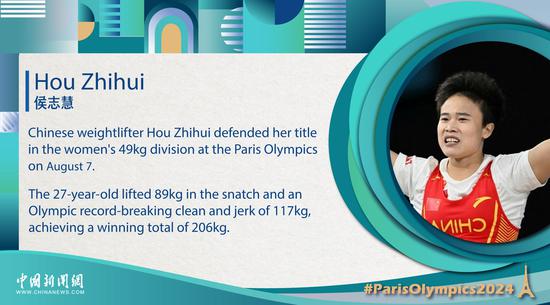







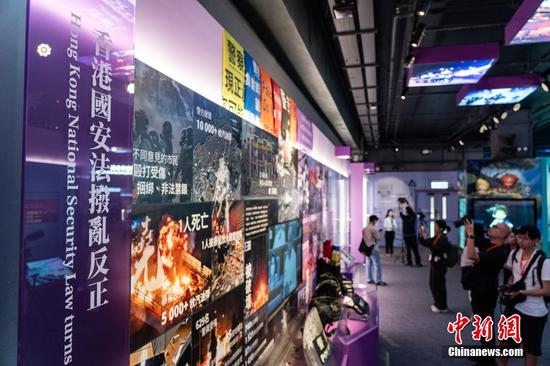
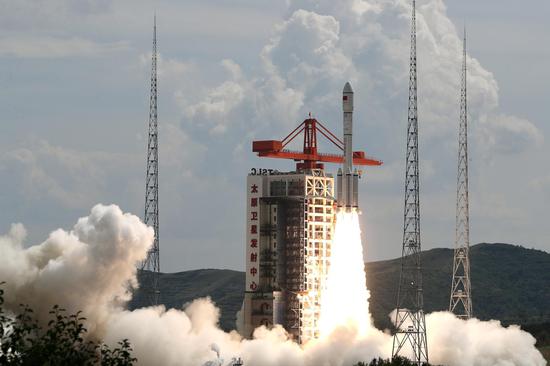



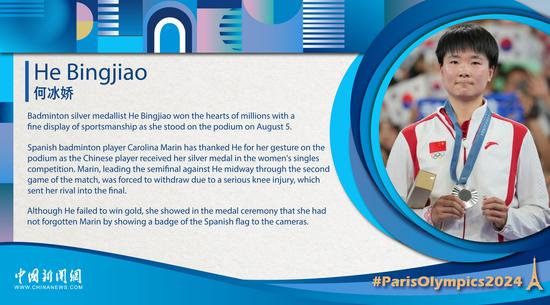
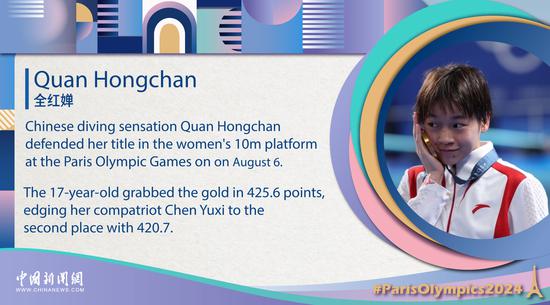

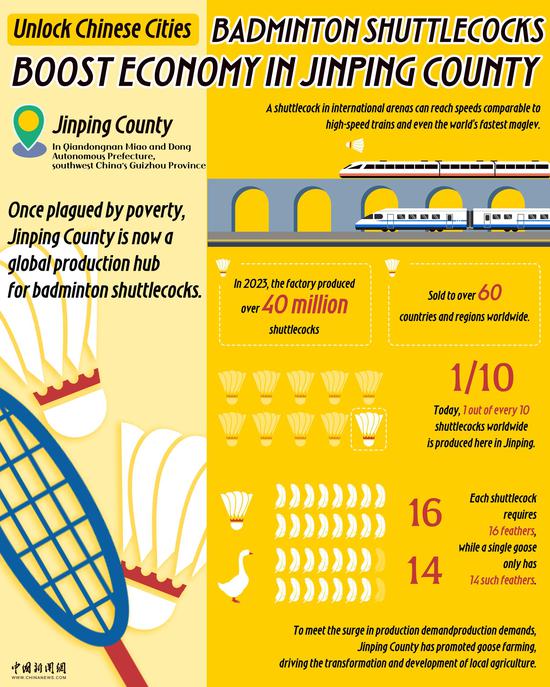
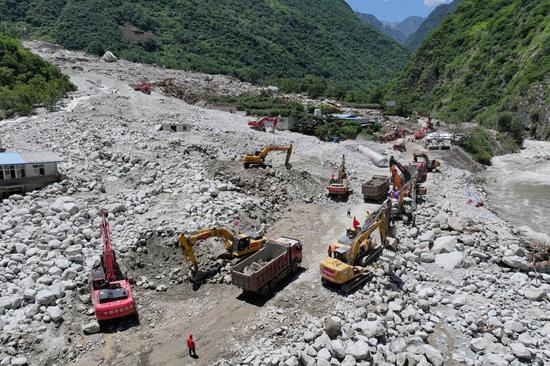
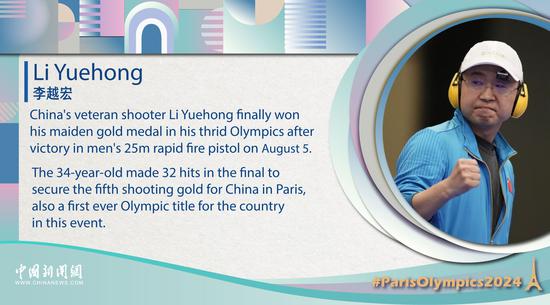
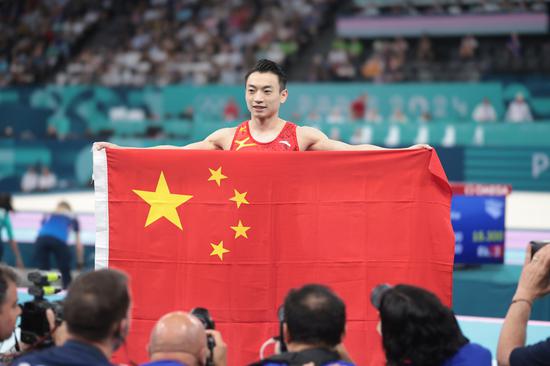
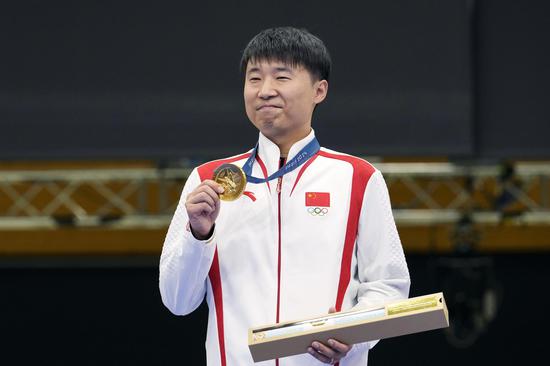


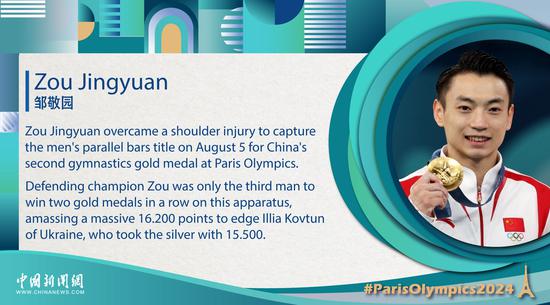




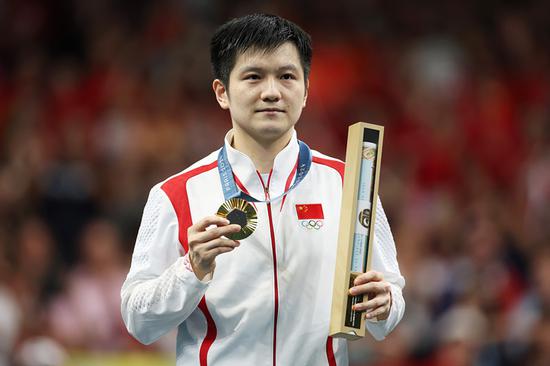

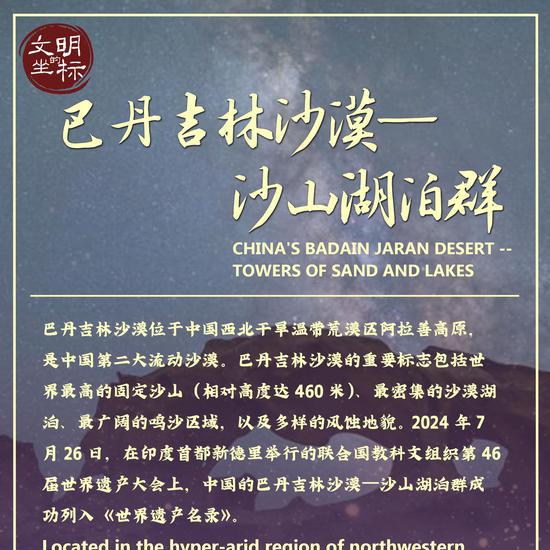
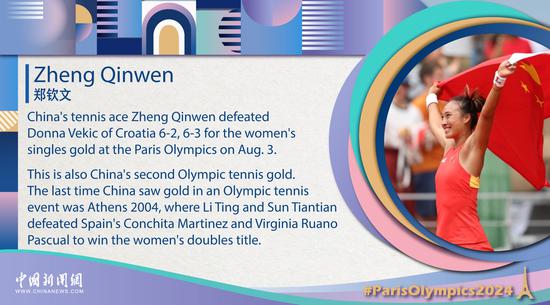
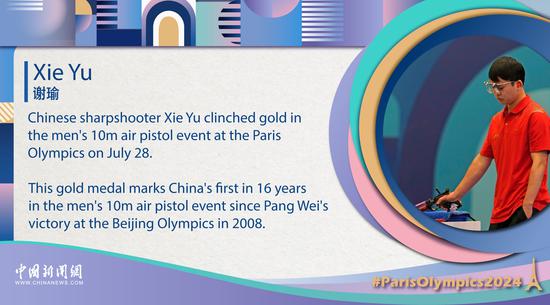








 京公网安备 11010202009201号
京公网安备 11010202009201号